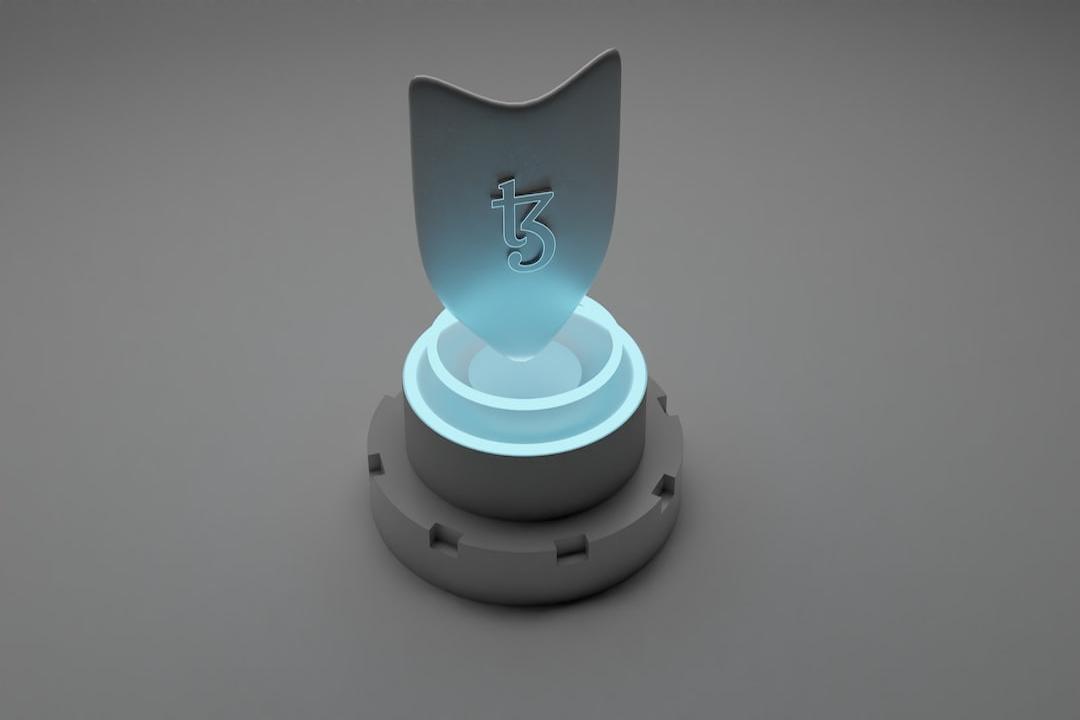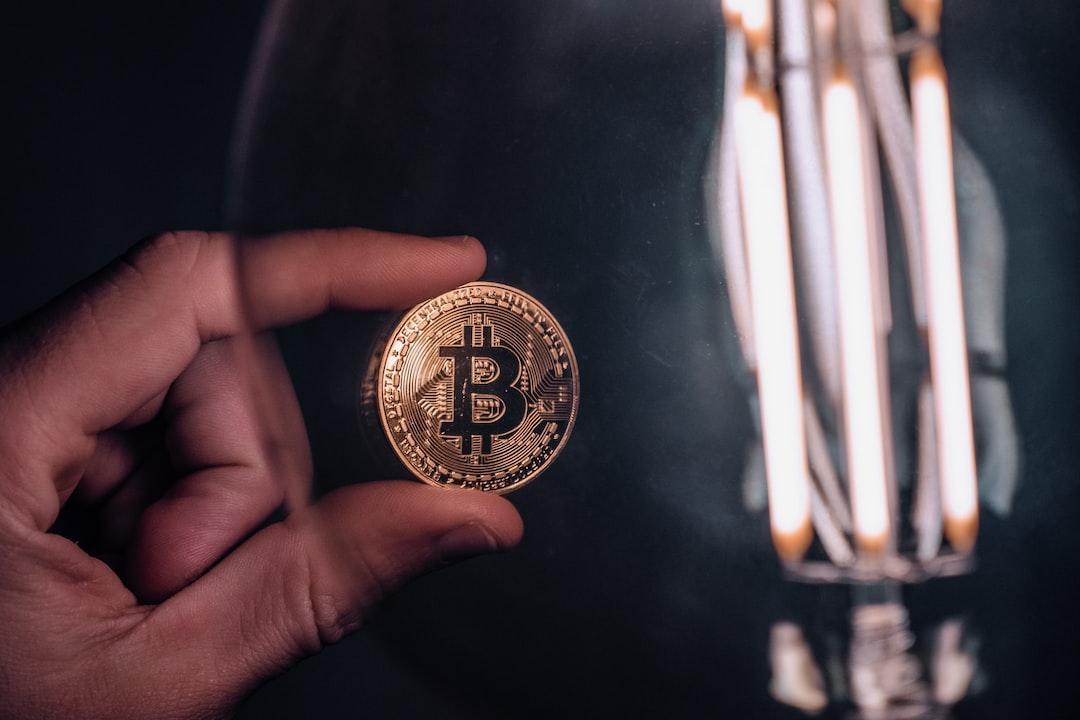Brazil’s Chamber of Deputies Passes Initial Review of Bitcoin Reserve Bill, Allowing Up to 5% of Foreign Exchange Reserves to be Used for Bitcoin Purchases, Potentially Sparking a Global Central Bank Trend.
(Background: Brazil Passes Bitcoin Reserve Draft: Up to 5% of Foreign Exchange Reserves to Buy BTC, Expected to Set a Precedent Among G20 Countries)
(Supplementary Background: Retail Investors Cry! Brazil Cancels Crypto Tax Exemption, Imposing a Unified 17.5% Income Tax)
South America’s largest economy, Brazil, is set to bring Bitcoin to the national stage. According to Bitcoin News, Brazil’s Chamber of Deputies has passed the first round of deliberation for PL 4501/2024, which authorizes the Central Bank and the Ministry of Finance to allocate up to 5% of foreign exchange reserves to Bitcoin and establish a national cold wallet named RESBit.
NEW: Brazil’s Bitcoin Reserve Bill 4501/2023, proposing “RESBiT” to allocate up to 5% of foreign exchange reserves to Bitcoin, passes its first committee. If implemented, Brazil would be the second LATAM country after El Salvador to establish a legal BTC reserve.
Bill Details: 5% Allocation, Cold Wallet Custody, Semi-Annual Audit
This PL 4501/2024 bill, proposed by Congressman Eros Biondini, calculates that based on Brazil’s approximately $370 billion in foreign exchange reserves, the upper limit of 5% would equate to $18 billion to $19 billion. The bill stipulates:
- The Central Bank of Brazil and the Ministry of Finance will jointly decide and execute the purchases.
- Bitcoin must be stored in a cold wallet, audited by an independent third party every six months.
- An AI system will continuously monitor transactions, flagging any anomalies.
- Audit reports must be publicly available online, ensuring transparency and accountability.
The proposer emphasized that over half of Brazil’s foreign exchange reserves are held in dollar assets, necessitating a reduction in risk and an increase in returns. Biondini stated in Congress:
“The total supply of Bitcoin is fixed, serving as insurance against dollar inflation and geopolitical risks.”
Future Outlook
The bill mandates that the Central Bank submit audit reports to Congress every six months to ensure the security and transparency of the holdings. Supporters point out that the returns on dollar assets are pressured by the U.S. deficit and loose policies, and diversifying into the fixed supply of Bitcoin could mitigate exchange rate risks. However, some opponents are concerned that high volatility could impact the national accounts, with Bitcoin’s 30-day annualized volatility averaging over 45% in the past year.
Overall, analysts believe that if Brazil successfully legislates this, it could accelerate other emerging countries’ assessments of Bitcoin as “digital gold.” The bill still needs to pass reviews by the technology, finance, and Senate committees. Although the journey is still long, this step has reignited discussions on diversifying global central bank asset allocations. The market awaits to see if Brazil can open a new chapter in national Bitcoin accumulation.

Related Reports
- XRP Spot ETF Approved! Hashdex Application Approved by Brazilian SEC, Is the U.S. Next?
- Brazil Considers Banning Citizens from Holding Stablecoins on DEX! Central Bank: Lack of Transparency Makes it a Tool for Tax Evasion and Money Laundering
- Metaplanet Increases Bitcoin Holdings by $210 Million, Surpassing Coinbase, BTC Surpasses 10,000, Jumping to the Seventh Largest Company

